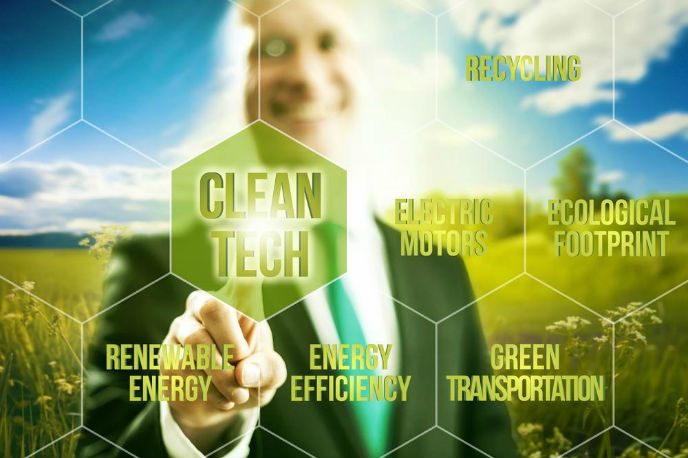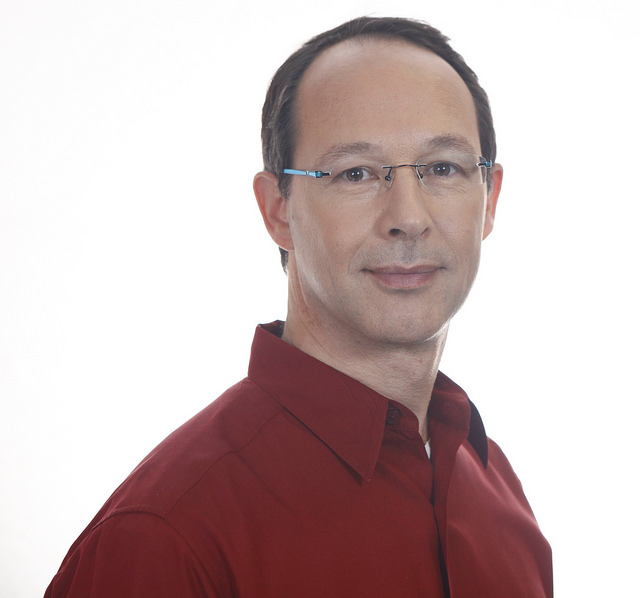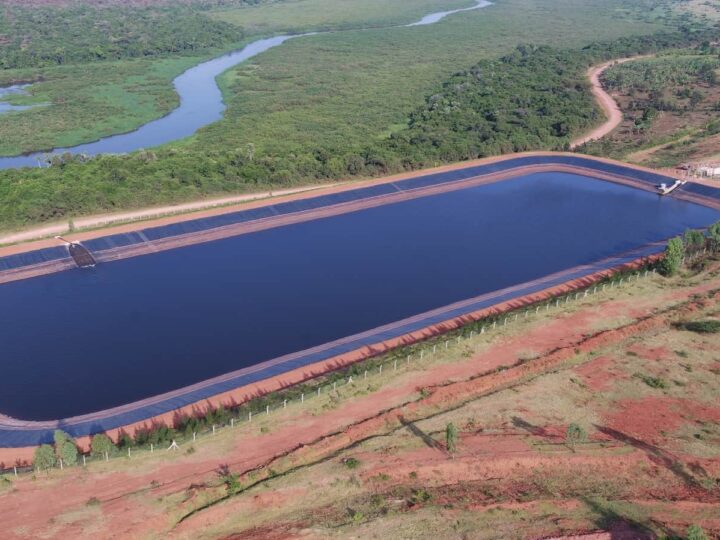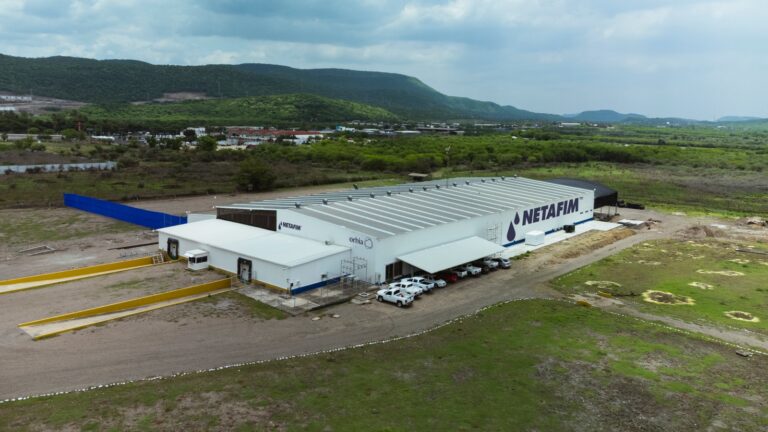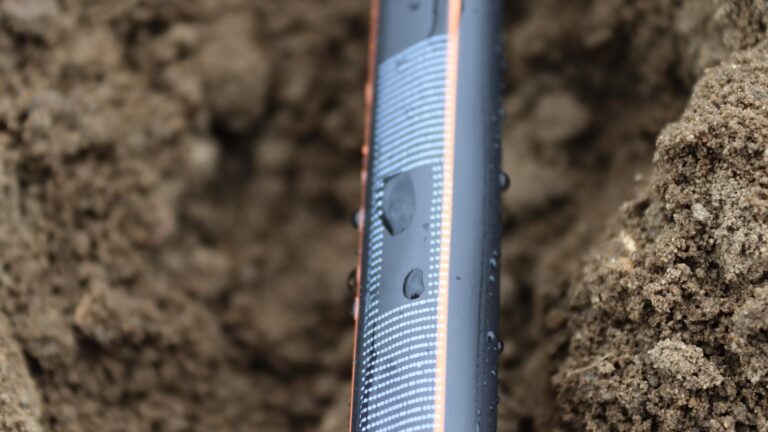A new report by clean-tech and environmental leaders calls Israel the best in clean tech.
According to the 2014 Global Cleantech Innovation Index, Israel has the most potential to start and commercialize clean-tech companies.
“Israel topped the 2014 index, with its relative outperformance on the measure of startup companies per capita being a key reason that it did so. The country generates the culture, education and ‘chutzpah’ necessary to breed innovation, plus it has the survival instincts,” the official statement said.
Could innovation be an offshoot of survival?
Here is a case in point: A normal demo day for young startups in Tel Aviv on July 10 — pitching their ideas on stage to a room of about 300 investors – gets interrupted by a siren indicating an incoming missile from Gaza.
There is a minute and a half to take cover. While huddling together in the stairwell, investors, industry executives and entrepreneurs exchange cards. Many of them once served in elite military units, and they take it all in stride.
One clean-tech expert tells ISRAEL21c it’s this unfortunate adversity that gives Israeli startups an edge. Experience with conflict could be a shaping force in defining Israel as the new clean-tech global leader, he believes.
“I say Israelis are great at managing crises so they have the skills to deal with it,” says our source, a leader in the industry who preferred not to be named.
“Why Israel is naturally good at dealing with crises is their innovative thinking and this is part of Israel’s DNA and entrepreneurial activity in general,” he notes.
“Clean-tech is one of the dominant areas because Israel is number one in reusing its water. Some 97 percent of its wastewater is used for agriculture and irrigation; while Spain is at 16%. Israel is many levels ahead of standards in the world. There are delegations every year that come to learn about our technologies.”
He adds that Israeli programs for accelerating water innovation are being replicated in Singapore and Korea. Put this together with international players in the investment space in Israel, like the IMF unit of the World Bank or Schneider Electric, and the energy in Israel becomes exciting.
“We don’t have natural resources and we’re good in security because we have a need for cyber and data in that area,” the expert points out.
Ahead of 40 countries
The 2014 Innovation Index, compiled by the global Cleantech Group and World Wildlife Foundation, took data from 40 countries and compared their innovation in renewable energy, water technology and other environmental technologies.
According to the measures, Israel scored a 4.34 on the index, followed by Finland with 4.04, the USA with 3.67, Sweden with 3.55 and Denmark with 3.45.
Israel scored particularly well in emerging clean-tech innovation at 8.92, while only three others scored above five. Data used in the survey included early-stage investments, companies with high impact and patents in the environmental space. Most countries scored between zero and two.
“No one country excelled in all four indicators. Israel, for example, far exceeded others in the emerging clean-tech innovation factor, however dropped to eighth place in the ‘evidence of commercialized innovation’ factor – confirming that there is room for improvement in even the most inspiring countries,” the report highlighted.
Companies that have contributed the biggest edge include SolarEdge, Amiad and Bermad, each with $100 million in sales per year. There are also the mid-size water monitoring company, TaKaDu, and the venerable Netafim, the drip-irrigation company that recently rolled out the uManage platform for advanced crop management.
Ariella Grinberg from Israel Cleantech Ventures, an Israeli clean-tech VC, is responsible for deal-flow screening, and helps the VC partners manage their portfolio. She also co-organizes CleanIsrael, the largest clean-tech professional network in Israel.
Grinberg likes to see around the hype. “Last time the report came out we were number two, and now we were number one. In general, when it comes to the clean-tech landscape nothing has changed,” she tells ISRAEL21c. “I think there are great opportunities in efficient and sustainable technologies across industries.”
Looking forward, her VC is particularly interested in agri-tech companies –- everything from seed treatment to software management. Also of interest are big data, smart analytics and interdisciplinary solutions developed by mature entrepreneurs.
Seeing through the numbers
Avi Feldman, chairman of the Israel Advanced Technologies Cleantech Committee and CEO of Capital Nature, thinks the rankings obscure the bigger picture in Israel.
He tells ISRAEL21c: “Israel’s high rank on the clean-tech innovation index is a bit misleading, as most of the innovation lies within very early and small startups.
“We excel at taking new ideas and transforming them into prototypes of products and services. The distance between these first-stage successes and the market itself is huge, and in most cases unmet by later-stage investments or large-scale commercialization,” Feldman says.
He believes that in order to create a mature clean-tech sector, the government needs to initiate bolder policies for financial assistance and integrating new technological solutions into the Israeli infrastructures for electricity, water and waste treatment.
Feldman concludes: “The positive side in the Israeli story is that while the clean-tech sector worldwide isn’t growing much due to low investment interest in the sector, we in Israel are building up inventory of relevant innovative solutions that will be ‘market ready’ once the investment cycle will turn around, shortly.”
The Global Cleantech Innovation Index 2014 report can be downloaded here.




